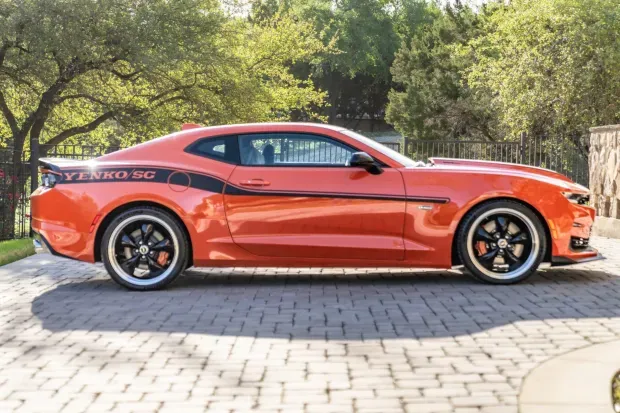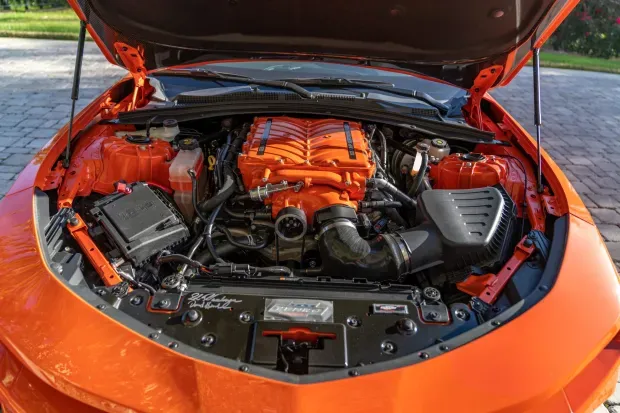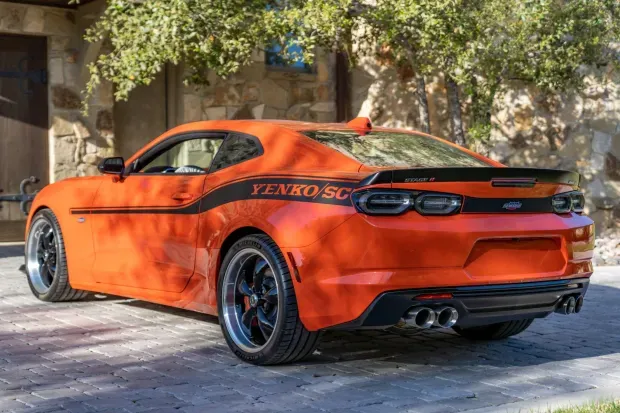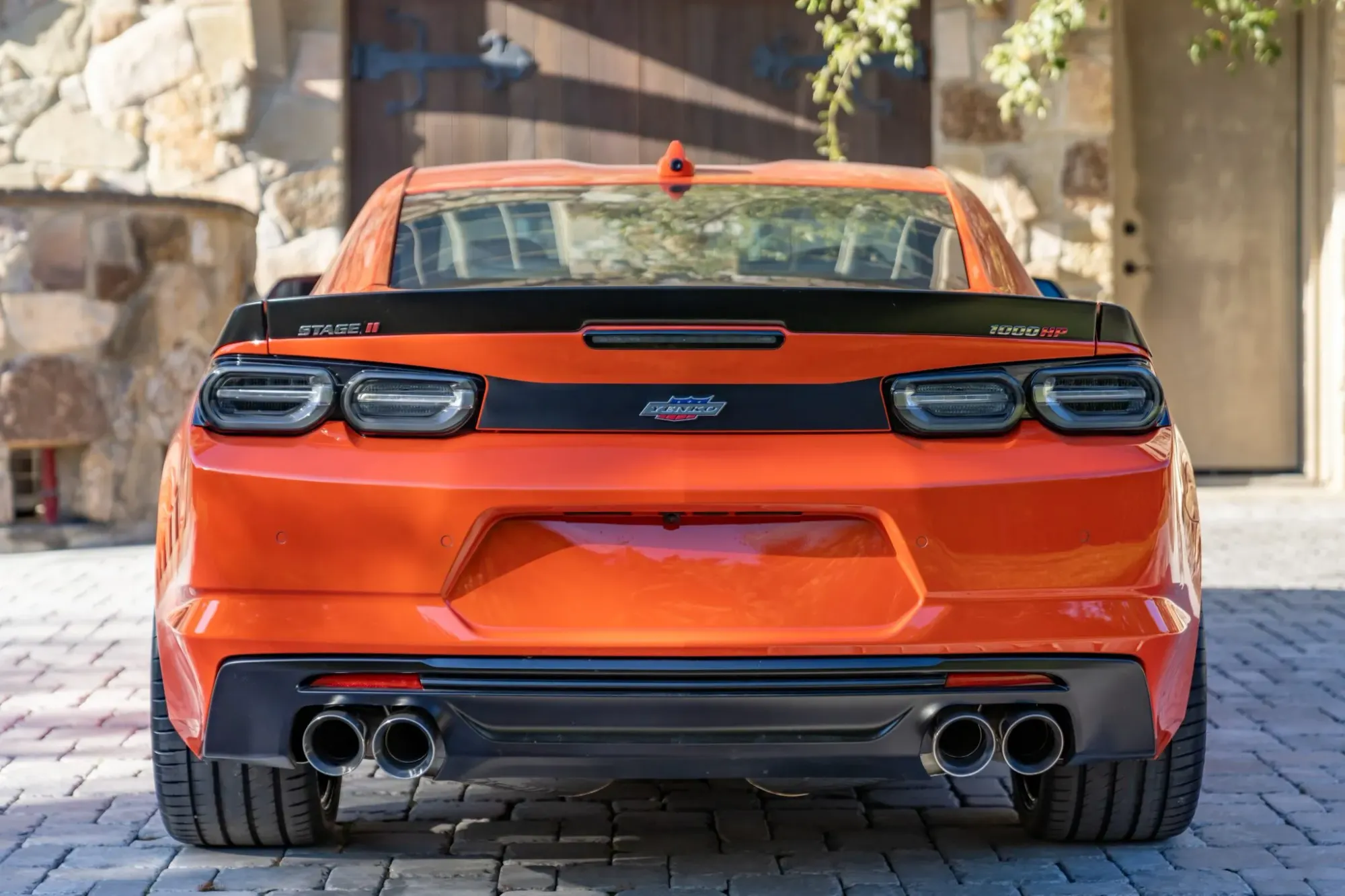In a striking testament to the value of expert tuning and customization, a 2020 Chevrolet Camaro Yenko/SC Stage II has been sold for $125,000, a figure that rivals the base MSRP of the brand-new Corvette Z06. This sale highlights the high demand among car enthusiasts for uniquely modified vehicles that combine classic muscle car aesthetics with contemporary supercar performance.

The Camaro, a 2SS 1LE Coupe model, has traveled a mere 28 miles and features the high-performance Yenko/SC Stage II package installed by Specialty Vehicle Engineering of New Jersey. This package transforms the already potent Camaro into a powerhouse, pushing out an astounding 1,000 horsepower and 875 lb-ft of torque through a 6.8-liter LT1 V8 engine enhanced with a color-keyed supercharger, forged components, CNC ported heads, and an upgraded fuel system.

Visually, the car stands out with its "Crush" exterior paint, complemented by black Yenko/SC stripes, a carbon fiber hood with a functional scoop, a custom front splitter, and a rear blade spoiler. It rides on 20-inch black-finished alloy wheels fitted with high-performance Michelin Pilot Sport 4S tires.

Inside, the Camaro offers luxury features such as Jet Black Recaro bucket seats that are heated, ventilated, and power-adjustable, dual-zone climate control, cruise control, and a head-up display. The car also includes modern conveniences like a rearview camera, a performance data and video recorder, and a Bose sound system, creating a comfortable yet thrilling driving experience.

This sale not only reflects the ongoing popularity of custom-tuned American muscle cars but also underscores the craftsmanship and appeal of the Yenko legacy, renowned for its high-performance modifications. The Camaro’s price point positions it as a formidable competitor in the luxury performance car market, offering an alternative to those considering the latest offerings from more traditional high-performance automakers. As the market for specialized vehicles grows, cars like this Yenko-modified Camaro are increasingly viewed not just as modes of transport, but as investments in automotive art and technology.
